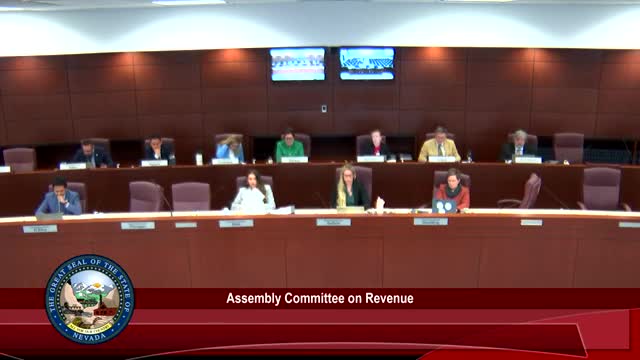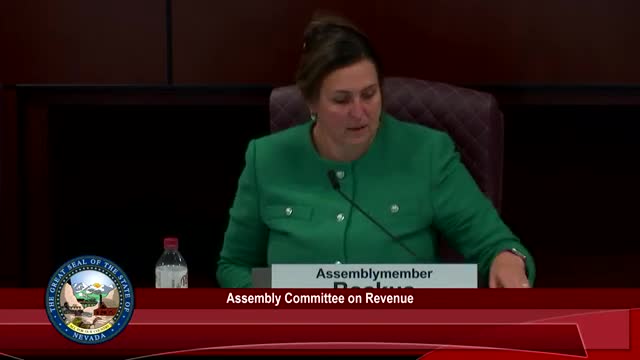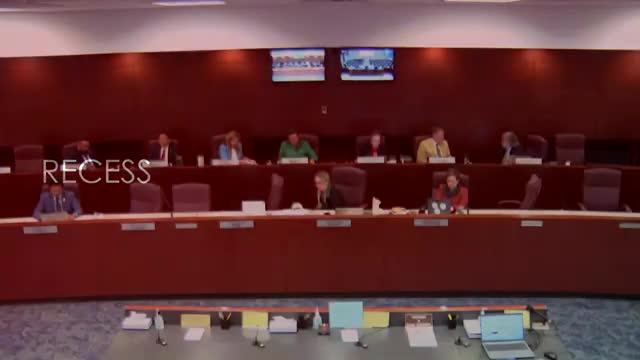Article not found
This article is no longer available. But don't worry—we've gathered other articles that discuss the same topic.

Sponsor seeks lower excise rate for FDA-authorized heated tobacco products; public-health groups oppose

Assembly bill would phase out legal cigarette sales for future birth cohorts, sponsor says

Nevada bill would clarify property-tax status for farms adding solar panels

